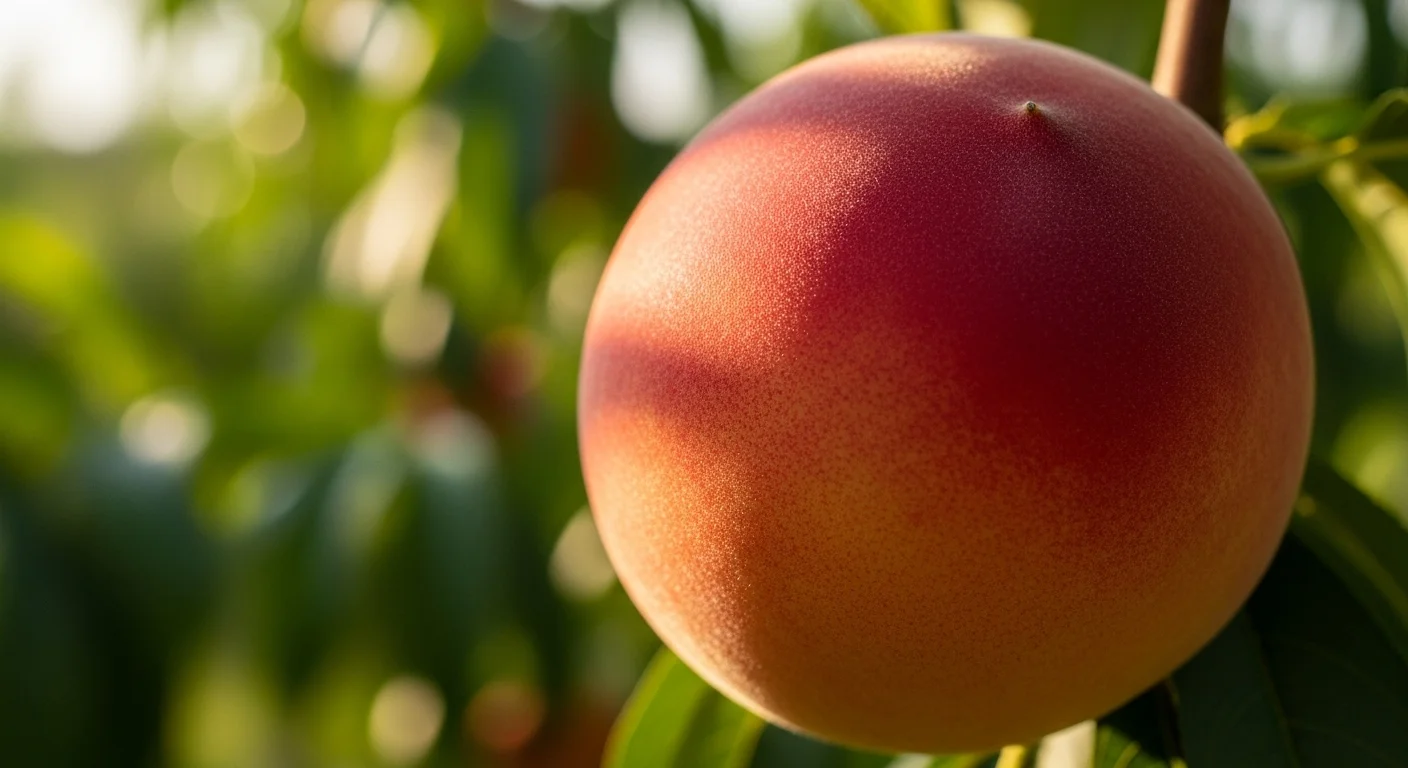Unlock Peach Power: How This Summer Fruit Boosts Heart Health & Lowers Cholesterol
Peaches are at their peak season! Depending on the variety, you can enjoy different types throughout the summer months. Due to their delicate nature and short shelf life, enjoying them at their freshest is key to maximizing their benefits. If you miss out, you’ll have to wait until next summer!
Heart Health, Stroke Prevention, and More
According to health experts, peaches are packed with Vitamin C and antioxidants, which can contribute to heart health, stroke prevention, and even cancer prevention. The riper and fresher the peach, the more abundant these beneficial antioxidants are.
Potassium Powerhouse for Blood Pressure
Peaches are also a good source of potassium. Potassium helps the body flush out excess sodium, which is a major contributor to high blood pressure. This makes peaches a beneficial addition to the diet of individuals managing hypertension.
Fiber for Fullness and Cholesterol Control
The high fiber content of peaches promotes a feeling of fullness, aiding in weight management and supporting healthy digestion. In particular, the soluble fiber pectin plays a role in lowering blood cholesterol levels.
Versatile Flavor Enhancer
Peaches are incredibly versatile and complement a wide range of dishes. Adding them to salads or yogurt enhances the overall flavor profile. They can also make bland salad greens like spinach or kale more palatable. Beyond beverages like teas and smoothies, peaches can even be grilled and served as a delicious accompaniment to kebabs and other grilled dishes.
Ripening and Storage Tips
Peaches become even sweeter when allowed to ripen after harvesting. Leaving them at room temperature for a day or two allows them to reach their optimal sweetness. If you plan to consume them within 1-3 days, room temperature storage is sufficient.
For longer storage, wrap peaches individually in newspaper, place them in a zip-lock bag, and refrigerate. This method can extend their shelf life to about a week. However, refrigeration may slightly diminish their sweetness. To restore their sweetness, remove them from the refrigerator about an hour before consumption.
Peach Consumption for Blood Sugar Management
While peaches aren’t considered a low-glycemic index (GI) fruit, with a GI of 56.5, they can still be enjoyed in moderation by individuals managing their blood sugar. Compared to fruits like cherries, grapefruits, apples, kiwis, and grapes, peaches have a slightly higher GI.
Health professionals suggest that individuals with diabetes or those needing to manage their blood sugar can safely consume peaches in appropriate portions. They recommend a daily intake of 100-200g of fresh fruit. Keep in mind that a single peach typically weighs between 150-200g.




